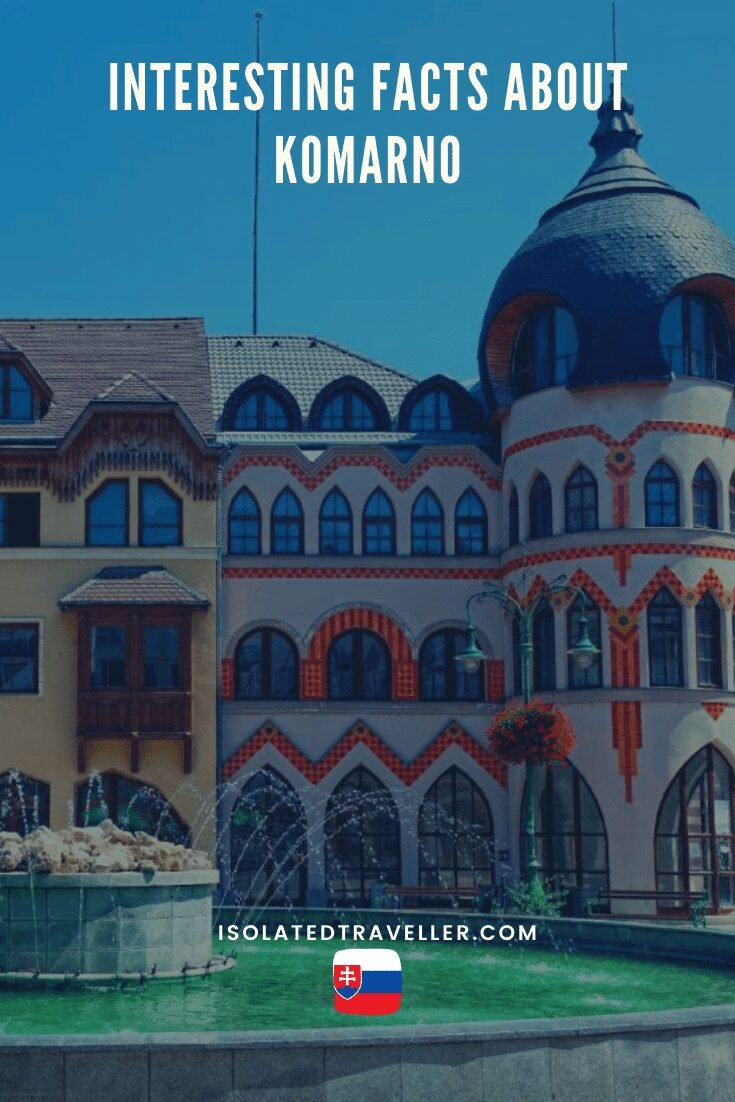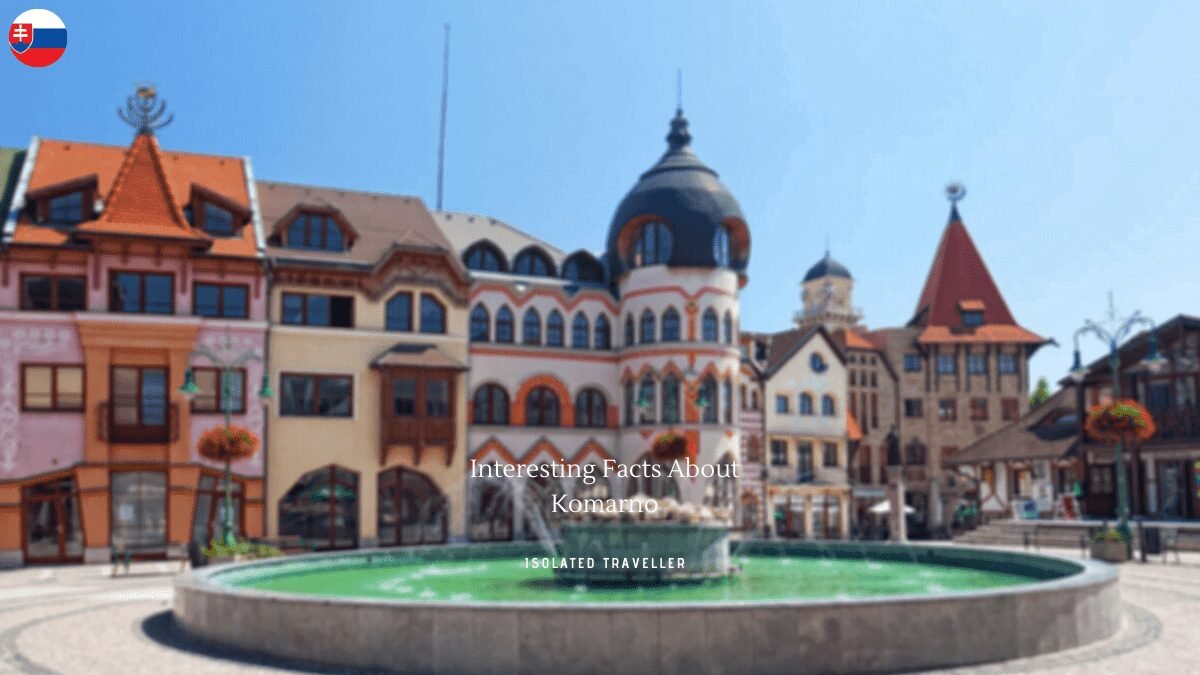Facts About Komarno
-
In 2004 the first Hungarian-language university in Slovakia since 1919, the J. Selye University was established in Komárno.
-
The name Komarno is of Slavic or Latin origin.
-
Komárno is twinned with Blansko, Czech Republic; Komárom, Hungary; Kralupy nad Vltavou, Czech Republic; Lieto, Finland; Sebeş, Romania; Terezín, Czech Republic & Weissenfels, Germany
-
Komárom and Komárno are connected by two bridges: The older iron bridge, and a newer lifting bridge, Currently a third bridge is under construction with estimated completion by 2020/2021.
-
King Béla IV, in his charter of April 1, 1265, granted the settlement town status and privileges.
-
Komárom was formed from part of a historical town in Hungary situated on both banks of the Danube. Following World War I and the Treaty of Trianon, the border of the newly created Czechoslovakia cut the historical, unified town in half, creating two new towns.
-
Komárno was divided as a consequence. In 1920 Komárno became part of Czechoslovakia while its south-bank settlement, Komárom, remained part of Hungary.
-
Komárno, located at the confluence of the Danube and Váh rivers, 108 – 115 meters above sea level.
-
The estimated population of Komarno is 34,228.
-
Komárno is a town in Slovakia at the confluence of the Danube and the Váh rivers.


